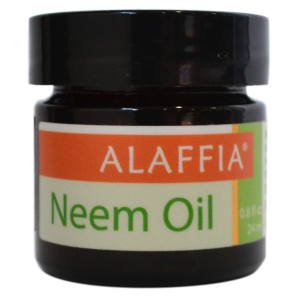The dry season is once again upon us, and that means eczema flares for many. How can you treat it at home to get some relief from the redness and itching?
Eczema is a general term for any type of dermatitis or “itchy rash”. There are several skin diseases that fall under the umbrella of “eczema”. A partial list of eczema type conditions includes:
- atopic dermatitis
- contact dermatitis
- dyshidrotic eczema
- nummular eczema
- seborrheic dermatitis
All types of eczema cause itching and redness and some will blister, weep, or peel. Low humidity, cold temperature, and use of harsh soaps or excessively hot water can all cause dryness and aggravate eczema. Certain foods can trigger or exacerbate eczema in people who have a genetic tendency for allergies. Cow’s milk, egg, soy, wheat, peanut, nuts, fish and cashews are the most common foods that can provoke a flareup of an itchy eczema rash. The symptoms may occur within an hour of eating the offending food, and the rash may last for days. Milk, eggs and peanuts provoke flareups of eczema in babies as young as 4 months old.
Eczema manifests on the skin as red, itchy rashes that become blistery, scaly, swollen, or scabby because irritation caused by scratching, harsh detergents, or friction from rough fabrics. Gentle soaps should be used for cleansing that will not over strip the skin or cause irritation. Avoid SLS (sodium laurel sulfate) and all related ingredients; artificial fragrances; wool; polyester; and harsh exfoliating scrubs such as those with crushed walnut or apricot as the rough, uneven texture of the grit may cause micro tears and introduce bacteria. In cases where the surface of the skin has been compromised or broken by scratching or contact with a rough surface, apply anti-bacterial and anti-fungal neem oil to the affected areas to encourage healing and prevent secondary infection.
Other suggested treatment options for eczema that I have recommended (anad have heard positive feedback on):
- Vitamin E oil
- Argan oil or lotions that contain argan oil
- Calendula cream
- Dead Sea salt baths
- Coconut oil (can be used alone or as a carrier & mixed w/ lavender, neroli, rose otto, Roman or German chamomile, or Rosehip oil)
- Aloe gel
- Neem oil
- The Seaweed Bath Co. line (contains Bladderwrack)
- Dado Sens Extro-Derm Body Balm
- Colloidal oatmeal bath
- Shea butter
In cases of extreme dryness, affected areas can be pre-treated with almond oil or grapeseed oil before bathing with warm (but not hot) water to avoid stripping away vital moisture. Also try to keep your skin hydrated and healthy by drinking plenty of water or hot teas and running a humidifier at home; it will be good for your skin but also your breathing by helping to keep mucus thin and mucus membranes from drying out causing nosebleeds and dry coughs.
Resources:
http://www.nationaleczema.org/videos/video-atopic-dermatitis-food-allergies-and-national-guidelines-often-go-hand-hand
http://www.medicalnewstoday.com/articles/14417.php

